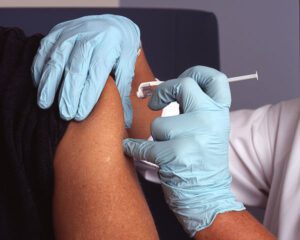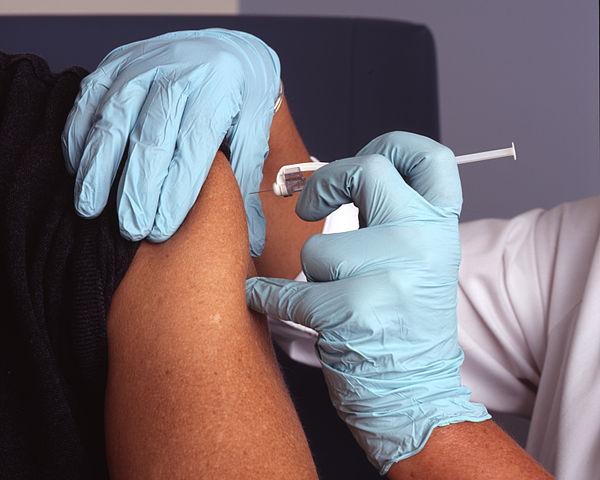
Students at Liverpool Hope University are being offered vaccinations against meningitis after a second case of the infection was confirmed.
An 18-year old student is recovering in hospital after becoming ill at Hope Park Campus, where Alisha Bartolini, 18, died from meningitis earlier this month.
Residents living at Austin Hall since the start of term in Childwall, where both students lived, have already been given antibiotics as a precautionary measure as well as receiving the MenC vaccination.
Staff and students at the university have been informed of the situation and are providing information on the infection and its symptoms, including vomiting, muscle pain and headaches.
A spokesperson from Liverpool Hope said: “The welfare of our students is our priority. We are continuing to work closely with Public Health England and are following their advice. We are ensuring that all staff and students are informed of the situation and receive the appropriate support, reassurance and advice.”
All other students at the university will be offered vaccination at sessions being planned over the next two weeks for long-term protection.
Officials from Public Health England want to encourage all students under 25 within the city to have the vaccine.
Dr Joanna Cartwright at Public Health England’s Liverpool Centre said: “Meningococcal C disease is a rare but life-threatening infection that occurs mainly in children and young adults. The meningococcal bacteria can be carried in your nose without causing any harm.”
She added: “Students starting university and mixing with lots of new people, some of whom may unknowingly carry the meningococcal bacteria, are at risk of infection.”
Criminology undergraduate at Hope University, Megan Curland, lives on the Hope Park Campus and thinks every student should receive the vaccination.
She told JMU Journalism: “If you have the infection, the symptoms are easily hidden, such as vomiting, pain in the muscles and headaches. If the universities make it compulsory for everyone to be treated then everyone would be protected and less at risk from the infection.”
According to Public Health, it is recommended university ‘freshers’ get a booster before they begin university, even if they had received it as a young child.

